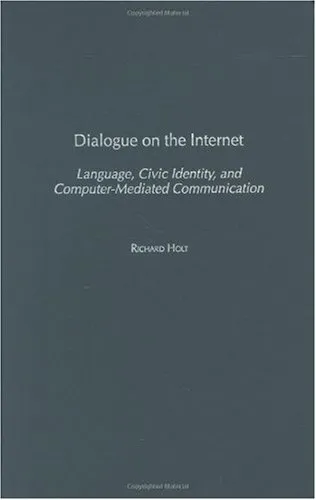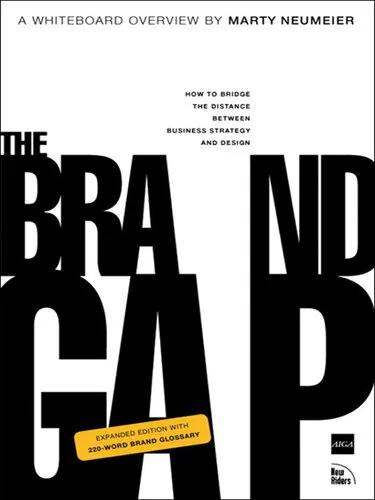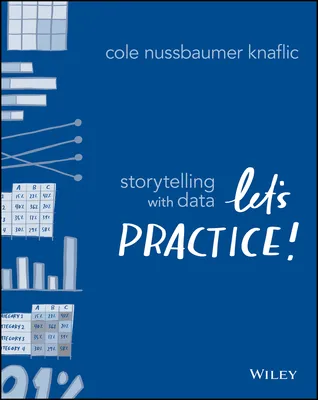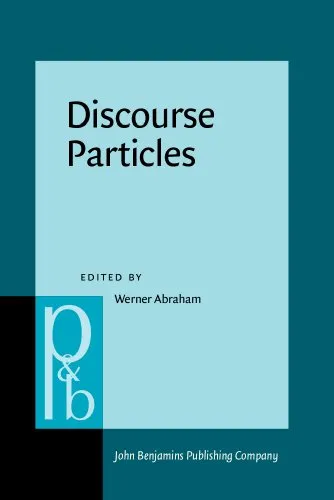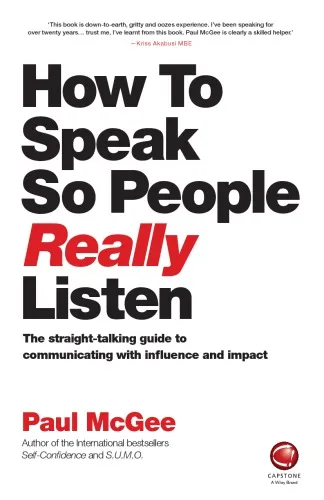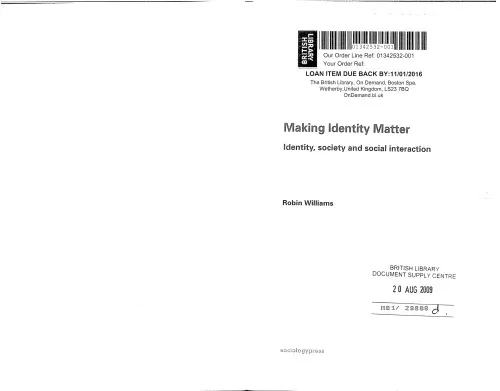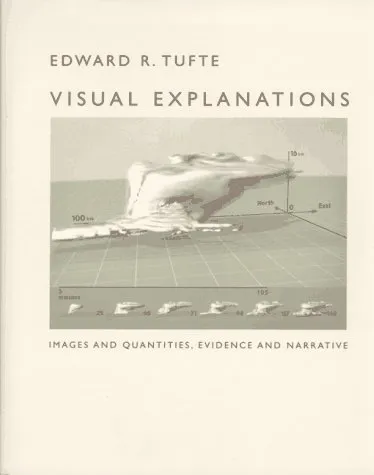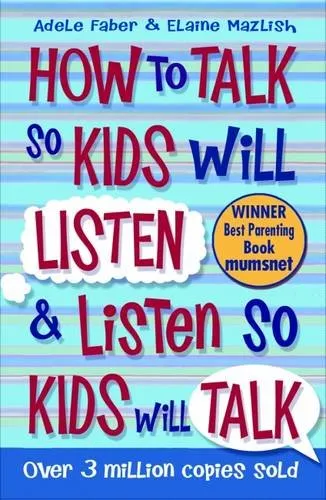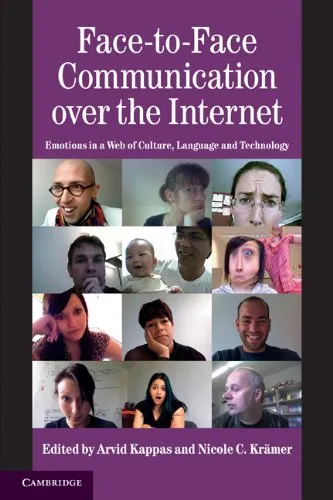Dialogue on the Internet: Language, Civic Identity, and Computer-Mediated Communication (Civic Discourse for the Third Millennium)
3.8
Reviews from our users

You Can Ask your questions from this book's AI after Login
Each download or ask from book AI costs 2 points. To earn more free points, please visit the Points Guide Page and complete some valuable actions.Related Refrences:
Introduction to 'Dialogue on the Internet: Language, Civic Identity, and Computer-Mediated Communication'
In an era defined by digital connectivity, the way we communicate has undergone a profound transformation. 'Dialogue on the Internet: Language, Civic Identity, and Computer-Mediated Communication (Civic Discourse for the Third Millennium)' delves into the impact of the internet on human interaction, societal structures, and civic identity. This book offers a detailed exploration of how digital platforms have reshaped dialogue, redefined civic spaces, and influenced the very fabric of our identities in the twenty-first century.
Detailed Summary of the Book
The book begins by analyzing the evolution of language and discourse in the digital sphere. As communication shifted from face-to-face and traditional written formats onto online platforms, new conversational norms, linguistic features, and social protocols emerged. Computer-mediated communication (CMC) is no longer just a medium; it has become an integral part of how people express themselves, interact, and build relationships.
‘Dialogue on the Internet’ examines how digital platforms have blurred the boundaries between private and public communication. Platforms like forums, social media, and messaging apps invite discussions among diverse groups, yet they also present challenges such as misunderstandings, misinterpretations, and the amplification of harmful behaviors like trolling and cyberbullying. The book argues that, while the internet fosters new forms of global connections and collective dialogue, it also threatens meaningful discourse by rewarding sensationalism and fostering echo chambers.
The theme of civic identity is another cornerstone of the book. It scrutinizes how online interaction influences an individual’s sense of belonging and participation in larger communities. The digital world provides unprecedented opportunities for civic engagement, from organizing movements to debating political issues in real-time. However, it also exposes the fragility of identity in an environment shaped by anonymity and rapidly shifting norms.
Through case studies, theoretical frameworks, and linguistic analyses, this book reveals the double-edged sword of computer-mediated communication. It highlights the potential for fostering connection and unity, while also addressing the dangers of miscommunication, alienation, and social fragmentation.
Key Takeaways
- The internet has revolutionized dialogue, creating new linguistic and social patterns.
- Computer-mediated communication presents challenges such as miscommunication, anonymity, and reduced accountability.
- Digital platforms have redefined civic identity, offering both new opportunities for engagement and new risks for polarization.
- Meaningful dialogue in the digital age requires intentionality, empathy, and an understanding of the unique characteristics of online communication.
- Balancing authenticity and civility is critical to fostering constructive discourse on the internet.
Famous Quotes from the Book
"The internet is both a mirror and a map of humanity: reflecting who we are and directing where we may go."
"Civic identity in the digital age is a negotiation—a dance between anonymity and authenticity."
"In the space between keystrokes, entire communities rise and fall. Words on a screen can connect or divide—our choice lies in how we use them."
Why This Book Matters
In today's world, where digital communication dominates personal, professional, and societal exchanges, understanding its implications is imperative. This book provides critical insights into how the internet shapes the way we think, interact, and participate in society. It equips readers with the tools to navigate the complexities of computer-mediated communication, fostering dialogue that is not only effective but also meaningful and inclusive.
Furthermore, 'Dialogue on the Internet' offers thought-provoking perspectives for anyone concerned with the future of democracy, public discourse, and civic engagement. By highlighting both the strengths and drawbacks of digital connectivity, the book encourages readers to be mindful, responsible, and proactive in their online interactions. For educators, policymakers, communication professionals, and avid internet users alike, this exploration of internet dialogue will resonate deeply and inspire action toward more ethical and constructive communication pathways.
Free Direct Download
You Can Download this book after Login
Accessing books through legal platforms and public libraries not only supports the rights of authors and publishers but also contributes to the sustainability of reading culture. Before downloading, please take a moment to consider these options.
Find this book on other platforms:
WorldCat helps you find books in libraries worldwide.
See ratings, reviews, and discussions on Goodreads.
Find and buy rare or used books on AbeBooks.
1329
بازدید3.8
امتیاز0
نظر98%
رضایتReviews:
3.8
Based on 0 users review
Questions & Answers
Ask questions about this book or help others by answering
No questions yet. Be the first to ask!
